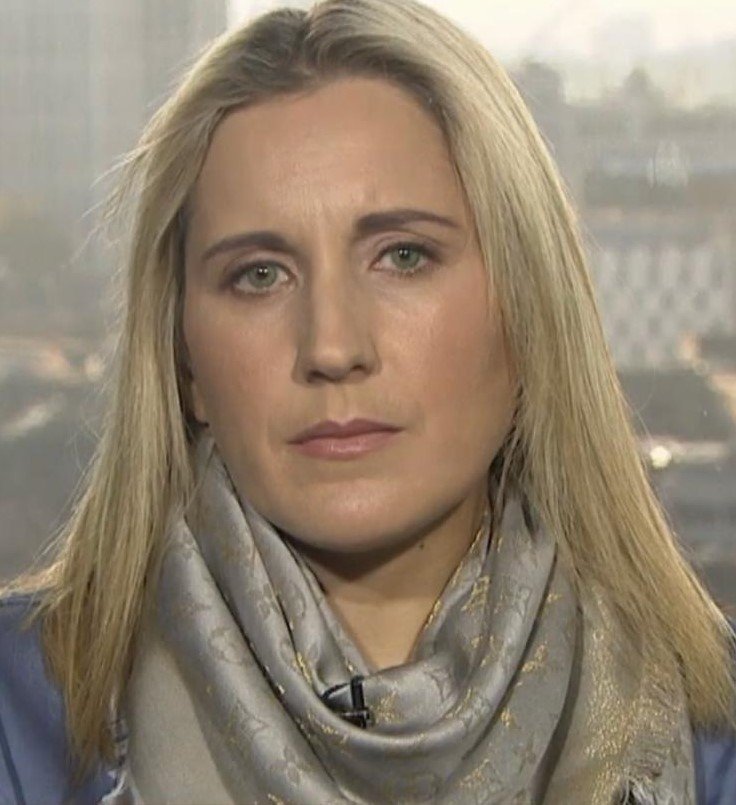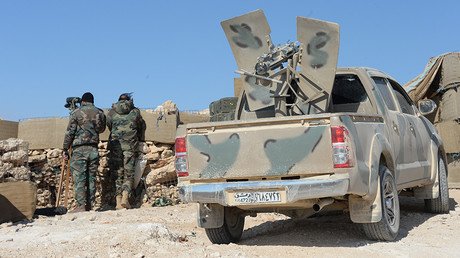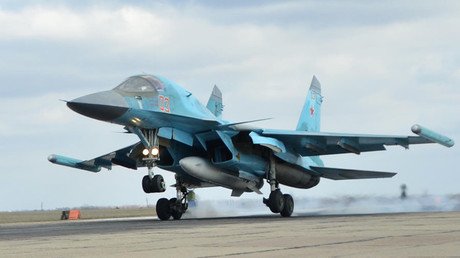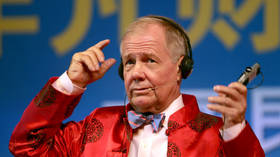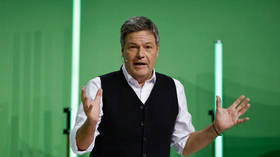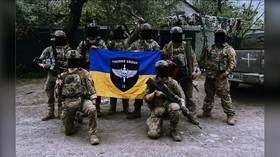Putin’s Syrian strategy: Not following playbook of American exceptionalism
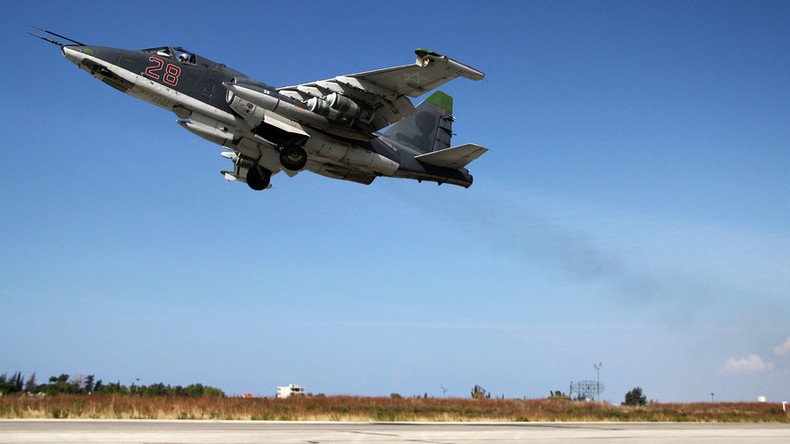
The world stood still this week when Moscow said it would begin withdrawing its forces from Syria. The question on everyone’s lips: What made Russia abandon its position in the ME?
While many may have smirked at the news that Russia was calling back its boys from Syria just 22 weeks into its intervention, make no mistake: President Vladimir Putin’s decision was a strategic one.
Without political dealing, leaning and wrangling, Russia did what Russia set out to do in the first place: create a space within which Syria would be able to safely negotiate, devise and carve its future - away from foreign interventionism, latent neo-colonialism, and of course the danger of radicalism.
In Oct. 2015 Putin said: “Our goal... is to stabilize the legitimate power in Syria, and to create conditions for the search for political compromise.” And he wasn’t kidding. I understand that it might come as a shock to many, but some state officials occasionally tell the truth and follow through with their pledges.
There are two main factors most have lost sight of when considering Russia’s Syrian exit strategy: First, Putin’s intervention in Syria was never about winning the war against ISIL, or even asserting President Bashar al-Assad’s position over his people. Second, Russia entered the military fray under a strict invitation from Damascus for a predetermined period of time.
Russia’s move in Syria was one rooted in support and clever politicking, not interventionism. Moscow never planned to exploit Damascus’ call for help and turn a regional ally into an obedient vassal, or worse.
Russia, it needs to be remembered, is not guided by America’s exceptionalism playbook, but international law. There is no underlying Russian territorial ambitions, no desire to utilize Terror to better chip away at a state’ sovereignty – and this in itself is marvelously refreshing.
And while of course such methods stand in stark contrast to what we have all grown accustomed to over the past decade or so, I would caution readers to pay close attention to the message and political precedent Russia has set forward at a time when rampant illegality reigns supreme.
Make no mistake here, Putin’s decision, however sudden and seemingly unpredictable, does not underline a change of strategy or political flip-flopping. No power scared Russia away… Russia’s withdrawal is neither a military defeat, nor is it a sign of political taming.
I would venture to say that Putin’s move out of Syria, like his decision to get in, is rooted in sheer strategic genius … yes, you read that right: genius. Rather than allow for his country to be dragged into neocons murky waters, Putin carved a way through, reinventing foreign policy outside the system. How many countries can claim political innovation at such a level? How many heads of state have managed to not just look beyond, but above to find an alternative to global war?
Before I delve into what I believe to be Putin’s magic chess move, allow me to level the field a little on what is turning out to be THE political gossip of the month: Russia’s grand demobilization.
If Russia has recalled its planes and its personnel, Moscow is not exactly abandoning Damascus to the fury of ISIL - nothing that dramatic. I would argue that realities on the ground completely lack sensationalism. For starters, Russia did not just take-off to greener pastures – military continuity has been secured through a carefully laid out military cooperation plan, whereby the Syrian Arab Army was granted temporary custody of Russia’s S-400 missile system.
"[S-400 missile systems] may stay [in Syria] for a certain period of time," Chairman of the Russian Federation Council's defense and security committee, Viktor Ozerov told Interfax on March 15. To which he added: "When we see that events in Syria develop in a way that is in line with today's vision of the president, the General Staff and the Defense Ministry, when it is seen that the political component will move forward successfully, and the Syrian army and police will be capable of destroying hotbeds of terrorism in Syria on their own, then we will possibly think about the S-400 [systems]."
LIVE UPDATES: #Russia to start #withdrawal from #Syriahttps://t.co/k32WfZM5lopic.twitter.com/GYdlBqss2N
— RT (@RT_com) March 14, 2016
Syria today has rallied around its army that is newly empowered and perfectly capable of shaping its sovereign destiny thanks to President Putin. I’d like to remind readers that from a Russian perspective a strong and independent Syria offers greater security than a Russian-dependent Syria. Unlike the United States, Russia carries no imperialistic nostalgia - it remembers only too well what havoc territorial over-expansion can generate. Bilateral cooperation is a far better cement than unfettered militarism. It makes for a more peaceful arrangement too.
But back to President Putin’s master plan. His Syrian gamble could soon be remembered as THE one defining moment which allowed for Syria to win its war against both neo-colonialism and terrorism. In one smooth political stroke, Russia flipped one grand narrative of war on its head, literally stealing the wind from belligerent military powers’ sails. Not without irony, President Putin also deprived Western politicians from their favorite scapegoat: Russia. Who will the world blame now for Syria?
Rather than risk getting stuck in a conflict which would have drained Russia’s military resources without offering any real political options for Syria, and beyond the Middle East, Putin orchestrated a truly surgical military campaign. With ISIL weakened, Syria now has a chance at a proper transition. Not bad considering Russia managed all this in less than six months, right in time for a new round of peace talks in Geneva. Welcome to Russia’s peace architecture!
Erdogan 'the wrong ally': Voices rise against Turkish repression of #Kurds (Op-Edge) https://t.co/Uai744RAfIpic.twitter.com/kh8VK0X8sp
— RT (@RT_com) March 17, 2016
As John Wight wrote for the American Herald Tribune: “By any reckoning the danger of the collapse of the Syrian state, a distinct possibility five and half months ago, has passed. The air umbrella supplied by the Russian air force, combined with naval support, and the influx of new and advanced equipment and weapons systems, has reinvigorated the Syrian Arab Army.”
Great leadership I believe is demonstrated in the diplomatic ability to broker peace, not wage war. Wars are easy. It is living up to international law standards that require true political mastery.
Mr. Putin: Chapeau bas!
The statements, views and opinions expressed in this column are solely those of the author and do not necessarily represent those of RT.
